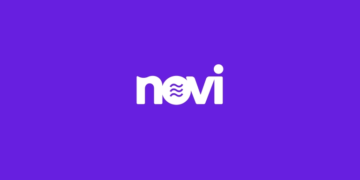The Libra news in 2019 showed that Facebook has been very enthusiastic about its new stablecoin, but later saw many backers exiting out. A few of these names included MasterCard, PayPal and others who backed out of Libra because of unknown reasons. In 2020, Facebook Libra is still a grand project for the social media giant – and “a stable cryptocurrency built on a secure network… [for a] more inclusive global financial system.”
But how does it all work?
Well, so far, we have seen Facebook, Spotify, Uber and PayU as some of the hottest names behind the Libra stablecoins. These are all representative s of the Libra Association, consisting of venture capital firms and non-profit organizations which span the telecommunications and blockchain networks.
Libra is basically a coin that hopes to achieve the stable cryptocurrency goal by hooking up the millions of “unbanked” people worldwide – with the ability to transfer money instantly across the world, securely and at low cost.
As such, Libra will run on a blockchain of around 100 different computer servers. The blockchain algorithms have ‘command-line programs’ to enable scripting and interactive use, along with the interface of various file formats and options.
To make things even more secure, Libra uses the ‘Byzantine fault-tolerant consensus approach’. In theory this consensus should make it near impossible for the entire blockchain to be disrupted, even if the servers are compromised. For a cyber attack to bring it down, it is reckoned up to a third of its servers which would have to be interrupted – a feat that the Libra Association is confident that is nearly impossible.
Furthermore, the Facebook Libra is a coin that is thought to be capable of doing 1,000 payments per second, making it around 500 times more efficient than Bitcoin. Still, the regulatory bodies are not convinced about the stablecoin’s capabilities in the long run.
The real danger, for many, is that Libra is intended to be used as collateral by some debt obligations and currencies. Its status as a global currency would mean that it would also fluctuate like other currencies, and differently. It may even resemble something like an index in volatility if it is shaped by underlying assets.
DC Forecasts is a leader in many crypto news categories, striving for the highest journalistic standards and abiding by a strict set of editorial policies. If you are interested to offer your expertise or contribute to our news website, feel free to contact us at editor@dcforecasts.com





















Discussion about this post